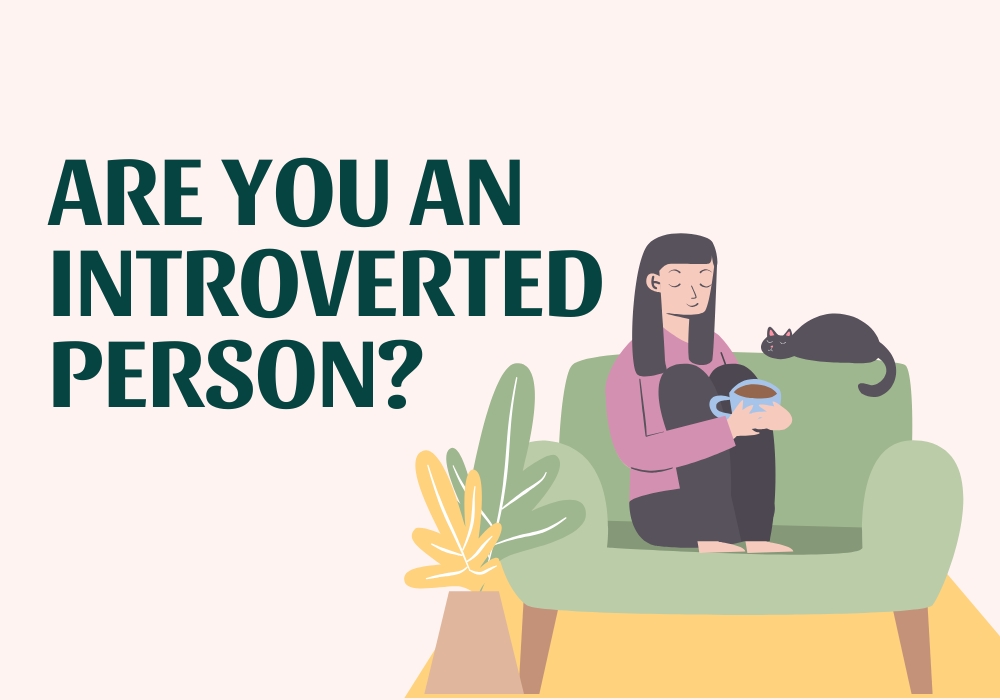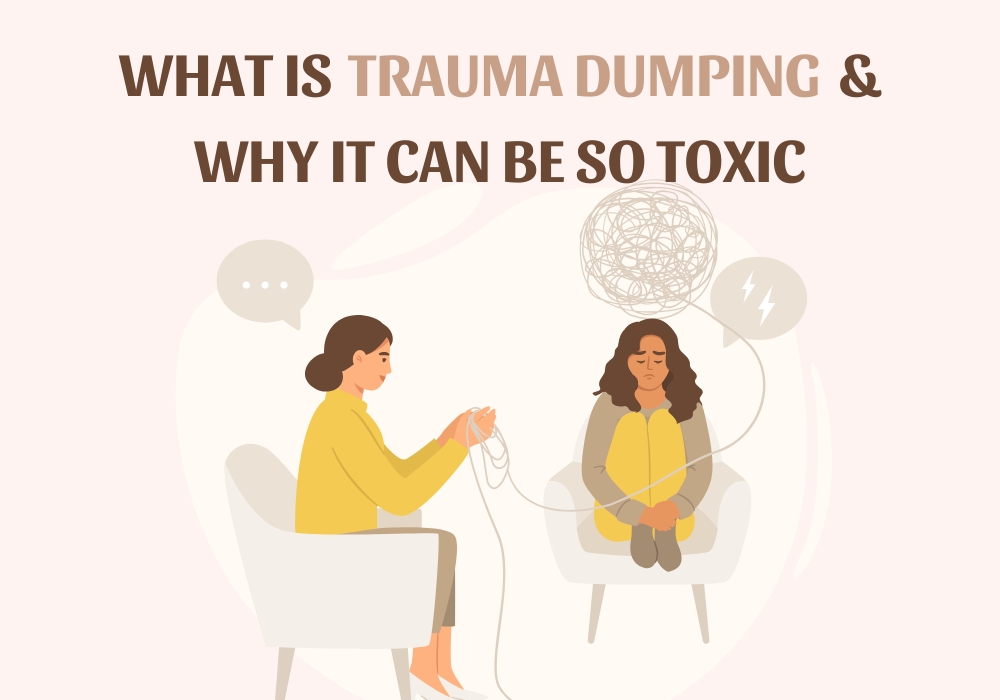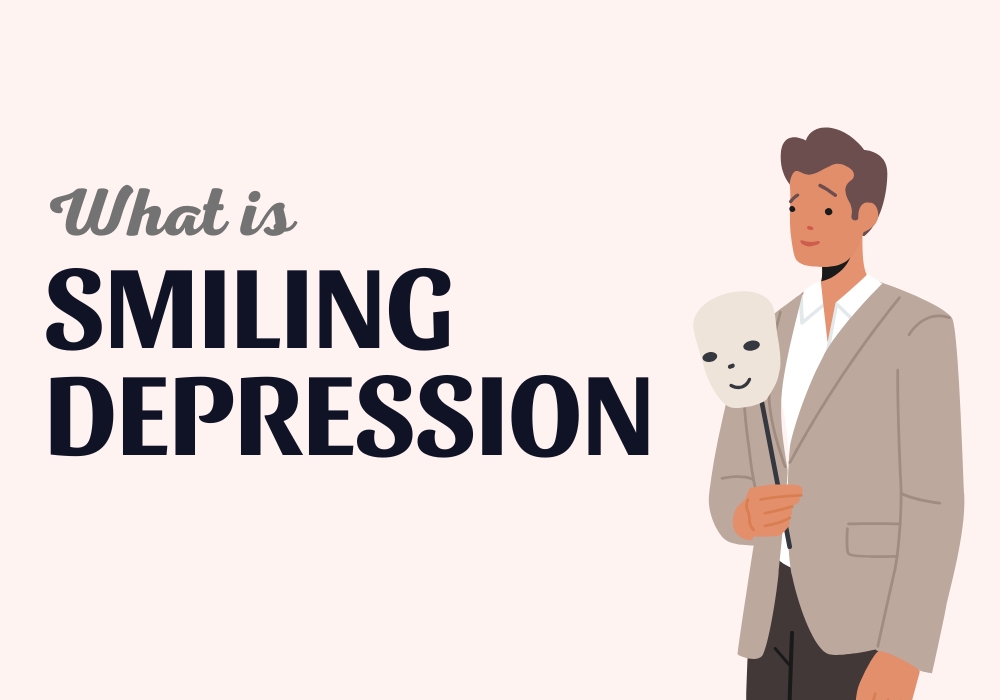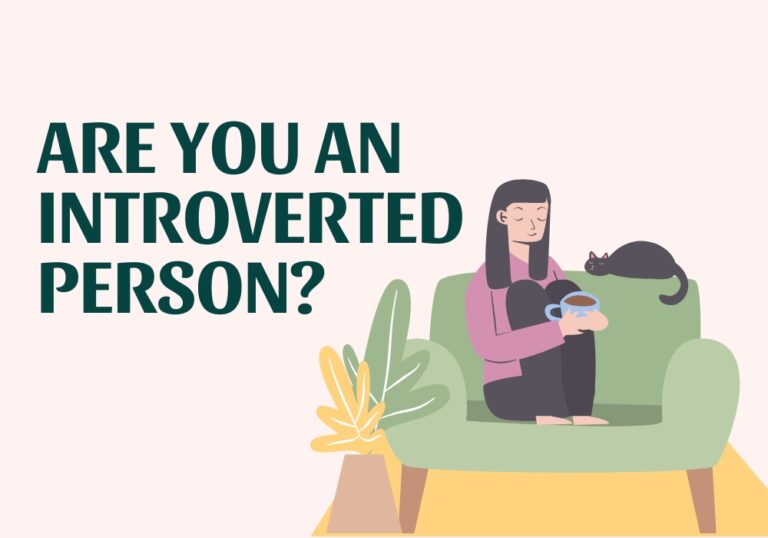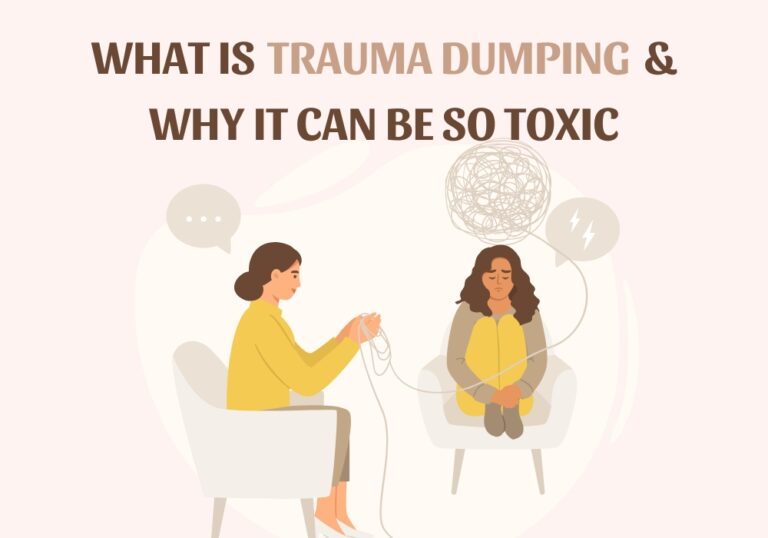What is Low Self Esteem?
Low self esteem ? When our self esteem is low, we don’t feel good about ourselves. This can lead to many negative emotions, including unworthy, guilty, insecure, and unworthy. It can also cause us to avoid taking risks or being our true selves. When our self esteem is low, we tend to focus on our flaws and mistakes instead of our strengths and accomplishments.
Low self esteem is the opposite of high self esteem. It’s a feeling of not measuring up, not being good enough, or not being worthy of love and respect. When we feel this way, we often turn down opportunities, because we don’t feel worthy. We might avoid certain situations because we don’t feel good enough.
When our self esteem is low, we can feel like we’re not good enough or don’t have enough. We might feel guilty when we make mistakes or need other people’s help. We may feel embarrassed when we’re in a group, or when we make a mistake. Sometimes we think we’re not smart or talented enough, which keeps us from trying new things.
What is Self Esteem?
Self esteem is our overall sense of worthiness and value as a person. It’s the feeling that we’re okay just the way we are, and that we can accomplish anything we set our minds to. We can feel confident, even when things don’t go our way. This makes us feel secure and empowered, which is vital for our well-being and our ability to get things done.
It’s our overall sense of who we are and what we’re worth. It’s what makes us feel confident, influential, and capable.
The difference between Self Confidence and Self Esteem?
Self esteem is distinct from self-confidence in that confidence refers to a person’s ability in a particular area of life. A person can be very confident about their specific skills but still have low self esteem. Achieving confidence in one area of life is not a guarantee of improved self esteem.
Related:15 Tips For Improving Your Confidence
Causes of Low Self Esteem:
There are many causes why someone might have low self esteem :
- Mental illness can manifest in different ways, such as anxiety disorder or depression.
- Emotionally distant parents.
- Trauma.
- Physical, or emotional abuse.
- Social beauty standards.
- Results at work or school.
- Body image and feelings about appearance.
- Achievements or skill levels.
- Perfectionism.
- Unrealistic goal setting.
- Authority Figures in Conflict.
- Bullying.
- Got a lot of criticism from your parents or teachers when you were younger.
- The contentious divorce between parents.
- The guilt associated with religion.
- Comparison to others.
- The media and social media.
- Medical and mental health conditions.
The signs of low Self Esteem:
Some of the many signs of low self esteem may include:
- Self-doubt.
- Negative thinking or pessimism.
- Negatively joking about yourself.
- Thinking other people are better than you.
- Depression(Depression can lead to low self esteem, and low self esteem can be a symptom of depression.).
- Anxiety( Those with low self esteem could be associated with worrying, anxiety about new opportunities, or not trying new things out of fear of embarrassment or failure).
- Sensitivity to Criticism.
- Deprioritizing your own needs, wants, and feelings.
- Feeling guilty about taking up emotional space.
- Having a negative self-perception.
- Difficulty making your own choices.
- Feeling unloved and unsupported.
- Focusing on your negatives and ignoring your achievements.
- Difficulty trusting others.
- Thinking you don’t deserve to have fun.
- Avoiding challenges for fear of failing.
- Shamefacedness.
- Refusal to accept responsibility.
- Insomnia.
- Exhaustion.
How to improve your Self Esteem?
1-Practice Self-Acceptance:
It is essential to let go of the belief that you need to be perfect to be of worth. Dedicate yourself to accepting who you are today. This does not mean that you cannot have goals or things you would like to change, but it is crucial to comprehend that you are deserving of love and admiration from both yourself and others exactly as you are now.
Related:Accept to improve your personal life
2-Manage your expectations:
Those with low self esteem often put too much pressure on themselves by holding themselves to an impossible standard. You’re doing the best you can. Give yourself a break!
3-Start saying “no”:
People with low self esteem often feel the need to say yes to others, even when they do not want to. This can lead to feeling overwhelmed, resentful, and angry, which can damage relationships. However, saying no can actually strengthen relationships by creating healthy boundaries.
Related:Why Is Saying ‘No’ So Important?
4-Notice Your Thoughts:
It is important to be aware of the negative thoughts that come into your head each day. Once these thoughts take hold, it is crucial to work on identifying the cognitive distortions and replacing them with positive thinking.
5-Are your beliefs about yourself accurate?
If you find yourself doubting your abilities, question that doubt. Are you truly unqualified for the role? What would happen if you applied regardless? It is important to avoid self-rejection before you’ve even had a chance to attempt it.
6-Help someone out:
If someone you know is having a tough time or is struggling with some problem, you could help them out by giving them advice or just listening to their problems. When we do something selfless, it really boosts our confidence. Something as simple as helping someone out once a week, without expecting anything back, can have a really positive impact.
7-Practice positive self-talk:
If you’ve gotten into the habit of always talking down to yourself, make positive self-talk your new habit instead. Every time you think or say something negative about yourself, stop, breathe, forgive yourself, and remind yourself of all the good qualities you have. Write a new script for yourself that focuses on all the ways the negative comments aren’t true.
Related:The Toxic Effects of Negative Self-Talk
8-The identification of troubling conditions or situations:
Consider the conditions or situations that reduce your self esteem once more. Afterward, focus on your thoughts about them.
9-Get to know yourself:
A way to learn more about yourself is to keep a journal. What makes you happy and what you value in life are important things to understand about yourself and journaling can be helpful in this pursuit.
Related:10 Tips to start Journaling and make it a Habit
Related:Sense of Self: What It Is and How to Find It (10 tips)
10-Don’t compare yourself to others :
It is important to remember that everyone is different and that every life has value. Try to accept yourself, even with your flaws.





